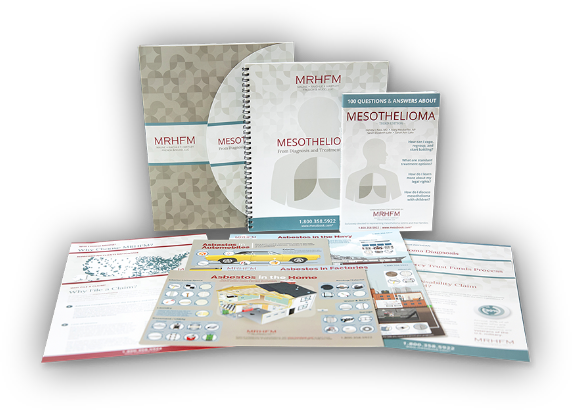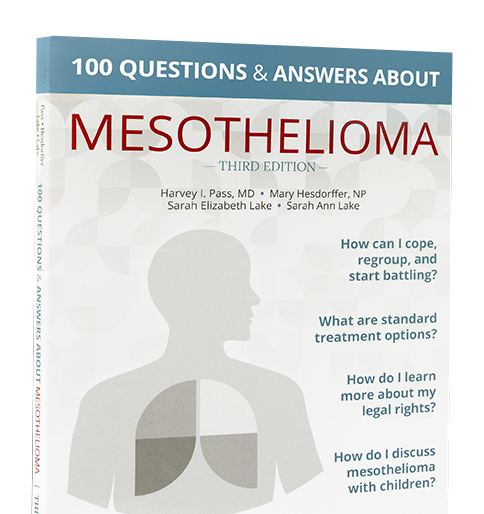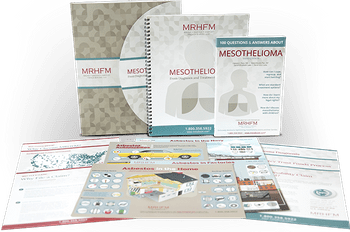A group of researchers have joined a growing army of scientists who believe that the active ingredient in turmeric called curcumin can help fight malignant mesothelioma (MM). Led by Dr. Laura Masuelli, the study found that curcumin blocks autophagy (intracellular degradation) and activates the death of malignant mesothelioma cell lines. researcher and lead author D
Other researchers have published similar findings. Principal investigator Dr. Ying Wang, who has affiliations with Barbara Ann Karmanos Cancer Institute and the Department of Oncology at Wayne State University, discovered that curcumin inhibited malignant pleural mesothelioma (MPM) cell growth in a dose- and time-dependent manner while pretreatment of MPM cells with curcumin enhanced cisplatin efficacy. Oral administration of curcumin inhibited growth of murine MPM cell-derived tumors in vivo in part by stimulating apoptosis (cell death). Thus, says the study, curcumin targets cell cycle and promotes apoptosis to suppress MPM growth in vitro and in vivo.
Another study published in 2014 by scientists from Case Western Reserve University concluded that curcumin slows the progression of mesothelioma by increasing levels of a protein inhibitor known to combat this kind of cancer. And yet another 2014 study, “Curcumin: A Double Hit on Malignant Mesothelioma,” demonstrated that curcumin induces cytotoxic effects on MM cells.
Though curcumin appears to be on the path to becoming an effective treatment for mesothelioma, more studies and clinical trials have to be conducted. Both animal and laboratory studies are ongoing and preliminary studies in humans are underway.
Sources
Gupta, Subash C., Sridevi Patchva, and Bharat B. Aggarwal. "Therapeutic Roles of Curcumin: Lessons Learned from Clinical Trials." SpringerLink. Springer US, 10 Nov. 2012. Web. 14 Mar. 2017.
Masuelli, Laura, Monica Benvenuto, Enrica Di Stefano, Rosanna Mattera, Massimo Fantini, Giuseppina De Feudis, Enrico De Smaele, Ilaria Tresoldi, Maria Gabriella Giganti, Andrea Modesti, and Roberto Bei. "Curcumin Blocks Autophagy and Activates Apoptosis of Malignant Mesothelioma Cell Lines and Increases the Survival of Mice Intraperitoneally Transplanted with a Malignant Mesothelioma Cell Line." Oncotarget (2017): n. pag. Web. 14 Mar. 2017.
Miller, Jill M., Joyce K. Thompson, Maximilian B. MacPherson, Stacie L. Beuschel, Catherine M. Westbom, Mutlay Sayan, and Arti Shukla. "Curcumin: A Double Hit on Malignant Mesothelioma." Cancer Prevention Research. American Association for Cancer Research, 15 Jan. 2014. Web. 14 Mar. 2017.
Powell, Samantha. "Curcumin Spice Linked to Slowing of Lung Lining Cancer - Bonnie J. Addario Lung Cancer Foundation." Lung Cancer Foundation. Bonnie J. Addario Lung Cancer Foundation, 22 Sept. 2014. Web. 16 Mar. 2017.
Prasad, Sahdeo, Amit K. Tyagi, and Bharat B. Aggarwal. "Recent Developments in Delivery, Bioavailability, Absorption and Metabolism of Curcumin: The Golden Pigment from Golden Spice." Cancer Research and Treatment 46.1 (2014): 2-18. Web. 14 Mar. 2017.
Rosenthal, David S., MD. American Cancer Society's Guide to Complementary and Alternative Cancer Methods. Atlanta, GA: American Cancer Society, 2000. Print.
Rosenthal, David S., MD. American Cancer Society Complete Guide to Complementary & Alternative Cancer Therapies. Chicago: American Cancer Society, 2009. Print.
"Turmeric." National Institutes of Health (NIH). U.S. Department of Health and Human Services, 16 Dec. 2016. Web. 14 Mar. 2017.
Wang, Ying, Arun K. Rishi, Wenjuan Wu, Lisa Polin, Sunita Sharma, Edi Levi, Steven Albelda, Harvey I. Pass, and Anil Wali. "Curcumin Suppresses Growth of Mesothelioma Cells in Vitro and in Vivo, in Part, by Stimulating Apoptosis." SpringerLink. Springer US, 19 May 2011. Web. 14 Mar. 2017.
Weil, Andrew, Dr. "Curcumin or Turmeric? Best Antioxidant & Anti Inflammatory Properties." DrWeil.com. Healthy Lifestyle Brands, 01 Nov. 2016. Web. 14 Mar. 2017.






